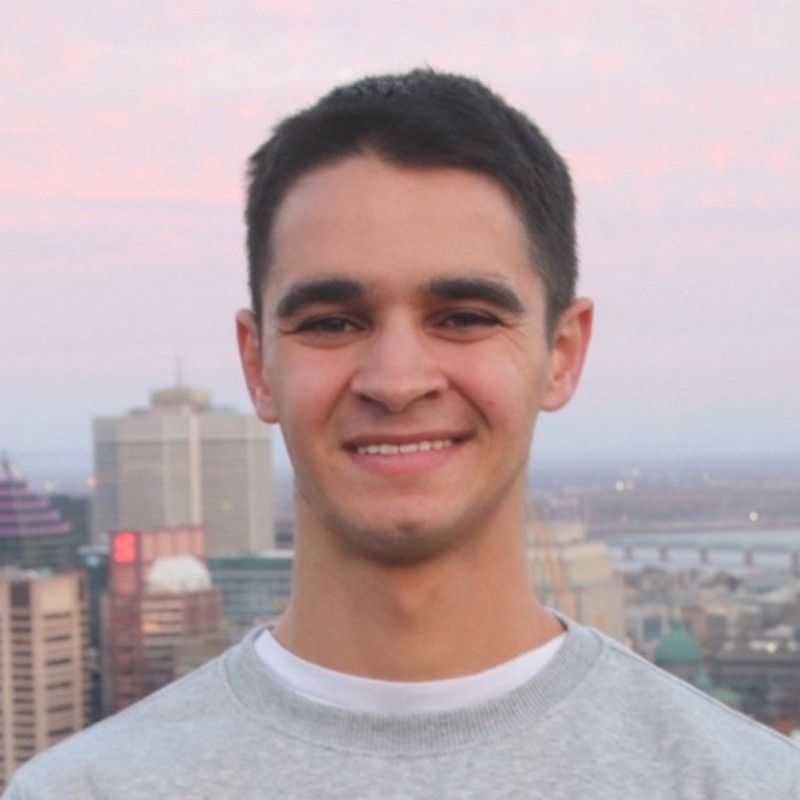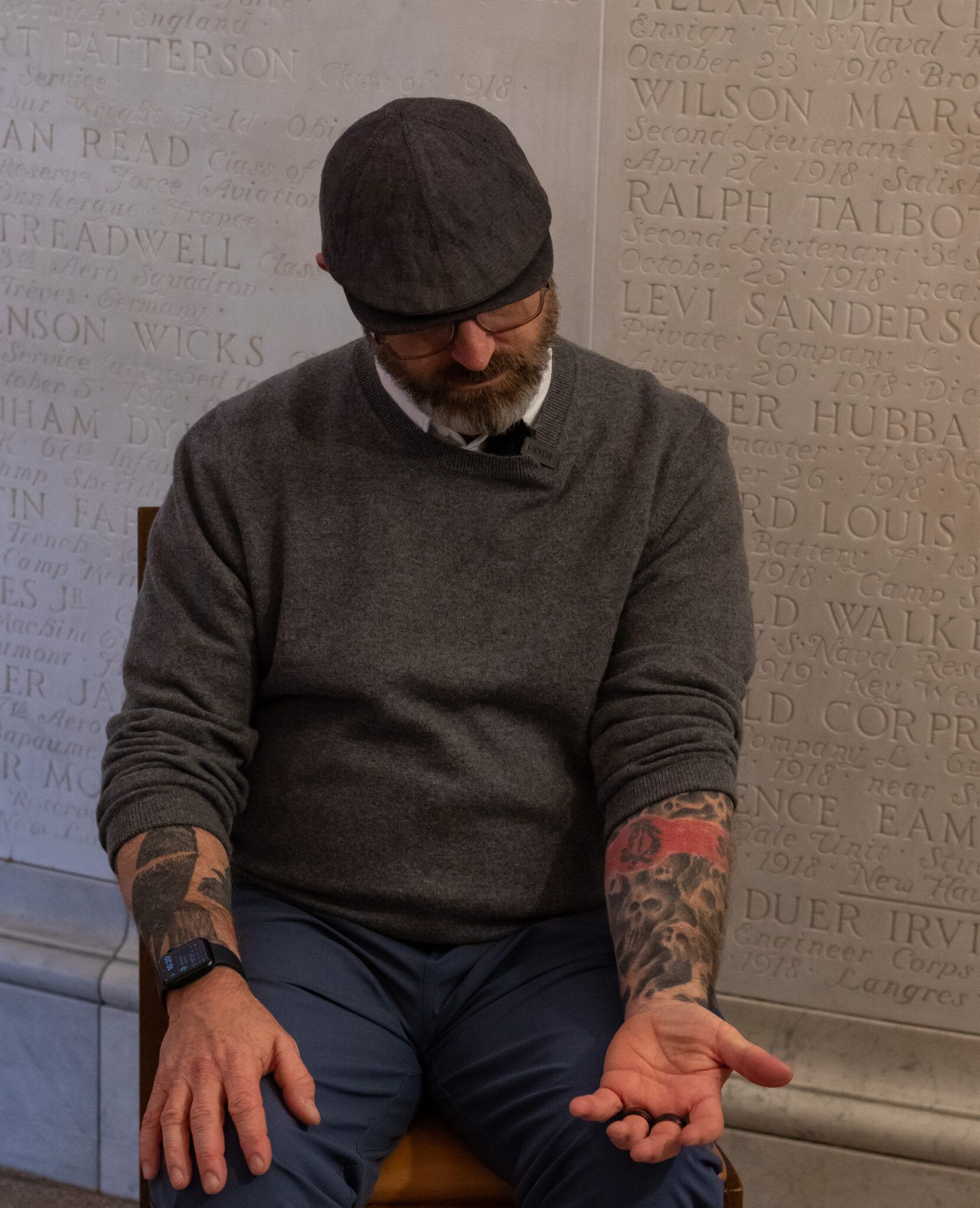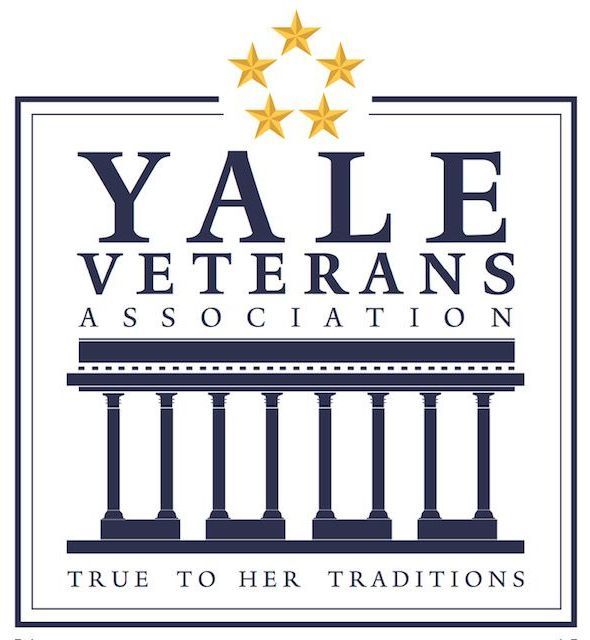“Literal war heroes that walk around campus”: Veterans chart new paths through Yale’s Eli Whitney Students Program
Paul Lomax ’27 always loved academics. As an International Baccalaureate student in high school, he knew his future was in college — but his path there would be far from traditional.
After graduating high school, he enrolled in the Navy, where he served six years, including two deployments in Afghanistan. It was during the U.S. withdrawal from Afghanistan in 2021 that he experienced a turning point. Witnessing the complexities of the situation firsthand, he realized that creating lasting impact would not just come from the battlefield but also through shaping policy.
That moment sparked his decision to pursue a career in government — and ultimately led him to Yale’s Eli Whitney Students Program.
“We betrayed a lot of people that helped us overseas, and a lot of people lost their lives because of that, and that’s weighed on me ever since,” Lomax said. “I made a vow to myself at the moment that I would never let something of that nature happen again.”
Lomax was admitted to Yale through the Eli Whitney Students Program, designed for non-traditional undergraduates who have been out of high school for at least five years and have not yet earned a bachelor’s degree. Students in the program hail from diverse backgrounds. Many are veterans; others are entrepreneurs, Olympic athletes and artists.


